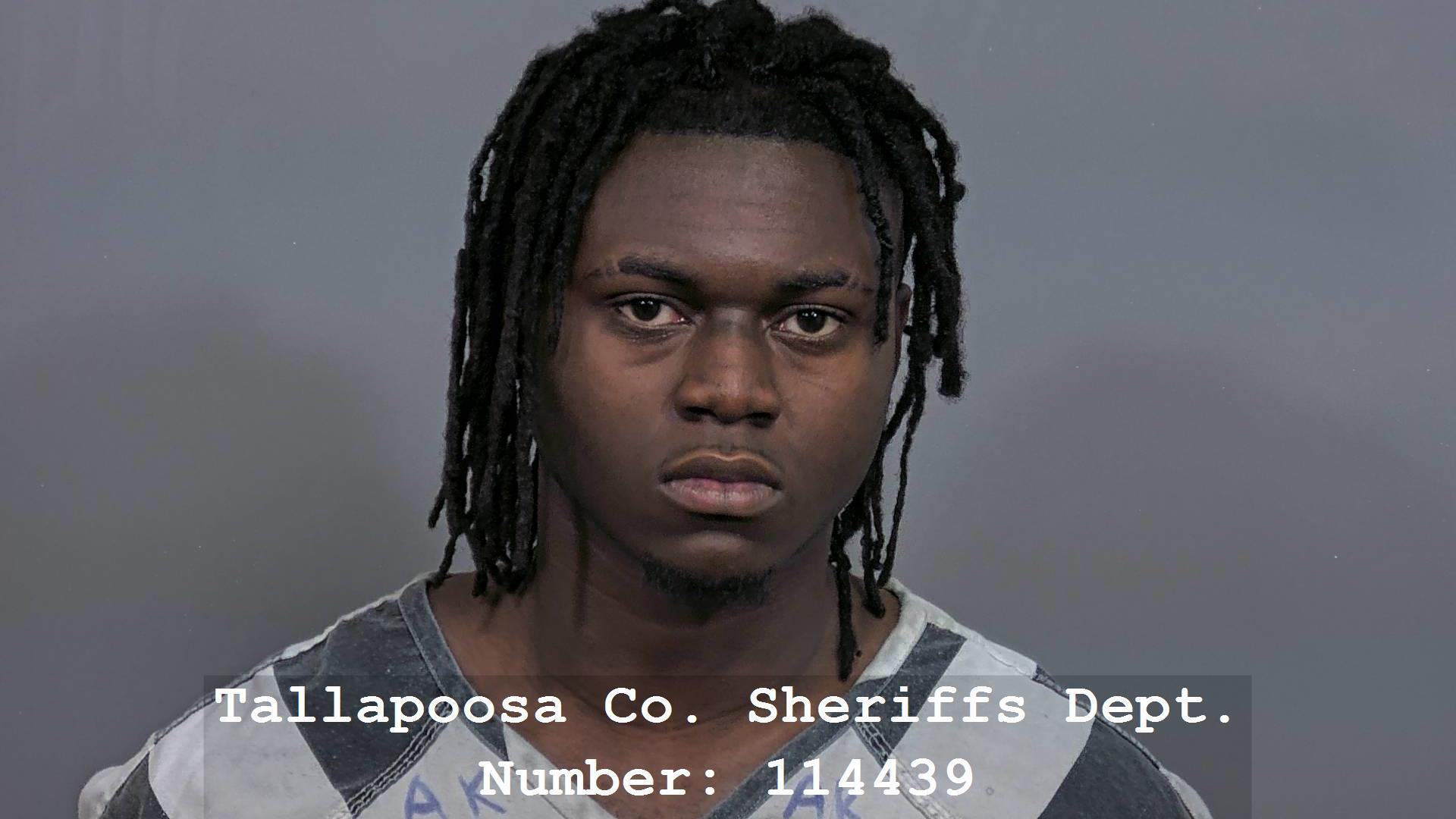The attorney representing one of the suspects in the Dadeville Sweet 16 shooting claimed her client should have been given a bond because Aniah's Law is unconstitutional.
Attorney Anna Parker, who is representing Wilson Lamar Hill, Jr., filed a motion to set bond in opposition to Aniah's Law, stating that the new law "violates the federally protected right to bail under the Constitution of the United States, specifically the Eighth Amendment ('Excessive bail shall not be required, nor excessive fines imposed, nor cruel and unusual punishments inflicted.') and the Fourteenth Amendment ('No State shall make or enforce any law which shall abridge the privileges or immunities of citizens of the United States; nor shall any State deprive any person of life, liberty, or property, without due process of law; nor deny to any person within its jurisdiction the equal protection of the laws.')."
RELATED: Dadeville Sweet 16 shooting suspects indicted on 145 counts by grand jury
Hill was one of several suspects denied bond following an Aniah's Law hearing.
The motion states that the United States Constitution preempts state laws and Constitution and that Alabama does not have the power to nullify federal law.
The state responded in a motion by objecting to giving Hill bail, stating Aniah's Law only applies to some of the most heinous crimes.
"Because Aniah's Law is limited to the most horrific crimes one can commit within the state, the State argues that Aniah's Law is narrowly tailored to cover the most serious of crimes," the motion signed by District Attorney Mike Segrest states. "The Defendant in this case is charged with four counts of Reckless Murder, which falls under the first classification of offenses found in Aniah's Law."
The prosecution says the Constitution does not violate the Eighth or 14th Amendments.
State Rep. Chip Brown (R-Hollinger's Island) sponsored the bill to allow voters to pass Aniah's Law. He agreed with the prosecution, telling 1819 News that the legislature was very careful in drafting the bill to ensure it was constitutional.
"One of the ways that we did that was that we didn't make it mandatory, we left it up to the discretion of the judge to have the hearing and to grant or deny bail," Brown said. "It's not cruel and unusual punishment because they have to meet thresholds. They have to meet one of the three and the three are: they are an imminent threat to the community, to themselves or a flight risk."
A prosecutor must first request a hearing, and if the judge grants the Aniah's Law hearing, the prosecutor then has to show the defendant meets one of those thresholds. The defendant also has the opportunity to defend themselves in the Aniah's Law hearing.
Brown added that the state does have the right to have its own law on the matter.
"And also, what about the Tenth Amendment?" Brown said. "The Tenth Amendment clearly states that the power that's not given to the federal government is reserved for the states and the power of the people therein. So, the people of the state have the right to make their own laws, whether they be civil or criminal and they have the right to try to keep their people and their communities safe."
Brown argued the law is doing what it is meant to do.
"This is playing out the way Aniah's Law, in my opinion, was supposed to play out," Brown continued. "Because defendants do have rights but at the same time we need to protect their rights, we also need to protect the community and the citizens of those communities and their right to feel safe and to be safe in their own homes and communities."
To connect with the author of this story or to comment, email erica.thomas@1819news.com.
Don't miss out! Subscribe to our newsletter and get our top stories every weekday morning.










